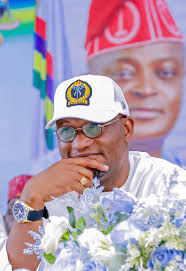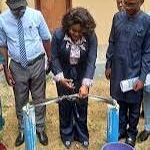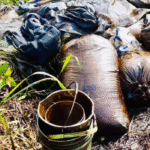Lagos Council Polls: Agege Chairman Backs Obasa’s Son Amid Controversy

The Executive Chairman of Agege Local Government Area, Ganiyu Egunjobi, has expressed his support for the candidacy of Abdulganiyu, the son of Lagos Assembly Speaker Mudashiru Obasa, as the All Progressives Congress (APC) vice chairmanship candidate in the upcoming council elections. Egunjobi’s endorsement comes amidst allegations of imposition and controversy surrounding the May 10 APC primaries.
In a recent interview, Egunjobi dismissed claims of imposition, stating that the reactions from some quarters were characteristic of politicians in the country. He commended the election committee and the state party leadership for their handling of the primaries, which produced candidates across local government areas.
Tensions had risen in Agege and Orile-Agege following a protest by some APC members, who accused Speaker Obasa of imposing loyalists and family members, including his son, as flagbearers in the July 12 council elections.
However, Egunjobi described the demonstration as a “sponsored charade” led by political desperadoes.
The chairman questioned the credibility of some of the aggrieved aspirants, including Sola Osolana and Bukola Sofidiya, who he claimed had only recently returned to the party and lacked the moral and constitutional right to contest.
He hinted at external influences, mentioning a serving senator from Ogun State and a three-time House of Assembly member, without naming names.
Regarding the controversy surrounding Obasa’s son, Egunjobi defended the young man’s candidacy, citing his educational background and community involvement. He drew comparisons to political dynasties in the United States and Nigeria, arguing that Abdulganiyu’s qualifications and experience made him an ideal candidate.
As his tenure comes to an end in two months, Egunjobi reflected on his achievements, including the construction of roads, health centers, and public school infrastructure.
He also highlighted vocational training programs, youth empowerment initiatives, and local job creation efforts.
When asked about the perennial Awori versus non-indigene divide in Agege politics, Egunjobi rebuked identity politics, stating that all residents of Agege, regardless of their background, were equal and deserving of representation.
He emphasized that the dichotomy was inconsequential and did not hold water, calling for unity and focus on the development of the community.









